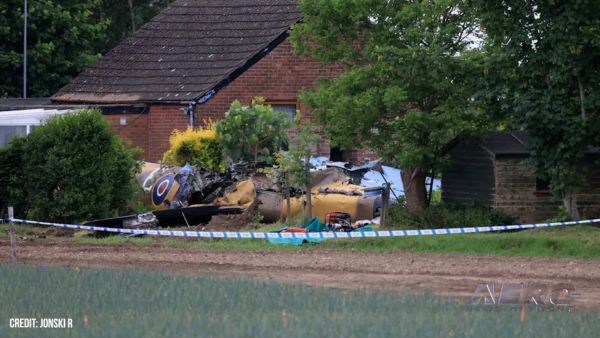Wed, Nov 21, 2012
Association Is Concerned The Proposed Rules Mean Unnecessary Regulatory Complications
In comments submitted Nov. 19 to the FAA’s rewrite of 14 CFR part 145, the Aeronautical Repair Station Association (ARSA) warned the FAA against further muddying the rules governing aviation maintenance. The association expressed concerns the agency’s proposed rulemaking unnecessarily complicates the regulatory framework.

While the FAA has said it wants to align regulations, current business models, and future safety management system requirements, the Association pointed out several instances where the proposed rule deviates from that purpose:
- Absence of line maintenance rating—unlike the Canadian and European systems and current business arrangements, the FAA is not contemplating a line maintenance rating. The lack of such a rating is not conducive to business practices, in the past, now or in the future.
- Permanent housing requirement—contract maintenance with mobility is necessary and certainly part of past, current, and future business models. To demand that a repair station have permanent “housing” belies reality and the ability of a company to ensure its system is under the control of a civil aviation authority.
- Separating the operations specifications from the certificate—this would essentially allow the agency to unilaterally change operations specifications. The Association vehemently opposes the creation of separate operations specifications for repair stations. The FAA is merely necessitating an unnecessary burden on its own workforce and the industry.
- Preventing certain “persons” from “controlling” a certificate—the FAA is attempting to prevent “bad actors” from “controlling” the quality of a repair station’s work. Since the FAA does not have or will not expend the resources to keep a list of “bad actors”, its workforce will have no objective criterion on which to investigation ownership of these corporate applicants. Further, ARSA pointed out that there is already a federal law prohibiting similar action (see 49 U.S.C. §§ 44726 and 44711).
- Preventing the voluntary surrender of a certificate—the agency’s claim that it wants to prevent “bad actors” from obtaining and maintaining a certificate is laudable; its ability to prevent that action in a fair and uniform manner is nonexistent. The increase in safety that may result from the proposed requirements is well outweighed by the agency and industry burden.
The Association is also concerned about the agency’s cost estimates for implementing the proposed changes as they do not accurately reflect the true costs repair stations will bear.
Given these concerns, ARSA believes that the FAA should issue a supplemental notice of proposed rulemaking that incorporates the substantive comments made by the Association and other interested parties that will help the agency more ably meet industry needs and maintain the highest standards of safety.
More News
How To Get A Story On Aero-TV News/Feature Programming How do I submit a story idea or lead to Aero-TV? If you would like to submit a story idea or lead, please contact Jim Campbel>[...]
Aero Linx: International Association of Professional Gyroplane Training (IAPGT) We are an Association of people who fly, build or regulate Gyroplanes, who have a dream of a single >[...]
NORDO (No Radio) Aircraft that cannot or do not communicate by radio when radio communication is required are referred to as “NORDO.”>[...]
Beyond Visual Line Of Sight (BVLOS) The operation of a UAS beyond the visual capability of the flight crew members (i.e., remote pilot in command [RPIC], the person manipulating th>[...]
Aero Linx: Malibu M-Class Owners and Pilots Association (MMOPA) The Piper M-Class Owners & Pilots Association (PMOPA) is a not-for-profit organization dedicated to the interest>[...]
 ANN FAQ: Contributing To Aero-TV
ANN FAQ: Contributing To Aero-TV ANN's Daily Aero-Linx (05.29.24)
ANN's Daily Aero-Linx (05.29.24) ANN's Daily Aero-Term (05.29.24): NORDO (No Radio)
ANN's Daily Aero-Term (05.29.24): NORDO (No Radio) ANN's Daily Aero-Term (05.30.24): Beyond Visual Line Of Sight (BVLOS)
ANN's Daily Aero-Term (05.30.24): Beyond Visual Line Of Sight (BVLOS) ANN's Daily Aero-Linx (05.30.24)
ANN's Daily Aero-Linx (05.30.24)



